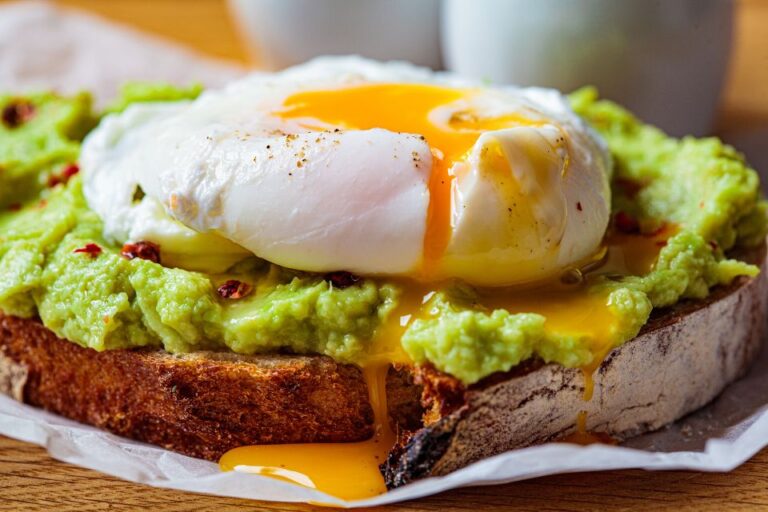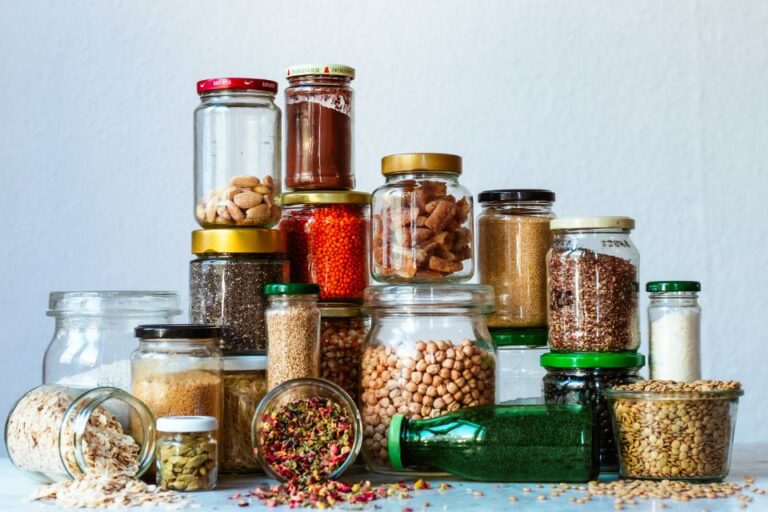8 Healthy Foods To Boost Your Mood
It’s not uncommon to use food to make ourselves feel better if we’re stressed, bored, or lonely, but more often than not, these foods are typically unhealthy ‘comfort’ foods full of fat, salt, and sugar, which really don’t help our waistlines and do nothing to cure our negative moods either.
However, certain foods contain important nutrients and vitamins that we typically lack when we are experiencing negative feelings and moods. Here are some healthy foods that help boost your mood while also helping you maintain your new healthy lifestyle.
1. Brazil Nuts
Brazil nuts are a great source of the mineral selenium, which is often lacking in our diets.
Studies have shown increased depression, irritability, anxiety, and tiredness in people with low selenium levels. Selenium is also required for the proper functioning of the thyroid gland.
Brazil nuts are great mood boosters, a good source of filling fiber and muscle-building protein, and they contain plenty of healthy fats, vitamins, and minerals.
Try eating Brazil nuts as a mid-morning snack along with some fruit, or sprinkle chopped Brazil nuts on a salad or stir-fry.
2. Oily Fish
Studies have shown that people who are deficient in omega-3 fatty acids may be more susceptible to depression and low mood. The omega-3 fatty acids found in oily fish, such as salmon and sardines, make up a large percentage of brain tissue.
Eating a diet high in omega-3 will also keep your brain healthy and improve your mood by keeping brain cells flexible so the brain’s messengers—neurotransmitters—can work more effectively.
The omega-3 fatty acids in fish oil can also help weight loss efforts. These good fats assist your body in metabolizing fat better and act as anti-inflammatory agents, helping you to achieve greater weight loss around your waist.
3. Bananas
Bananas contain the important amino acids tryptophan, vitamins A, B6, and C, fiber, potassium, phosphorous, iron, and carbohydrates.
Mood-boosting carbohydrates help the brain absorb tryptophan, and vitamin B6 helps convert the tryptophan into the mood-lifting hormone serotonin. This helps boost mood and also aids good sleep.
Because of its ability to raise serotonin levels, tryptophan has been used in the treatment of a variety of conditions, such as insomnia, depression, and anxiety, and the potassium in bananas is great if you’re feeling tired or stressed.
Bananas are great for breakfast as they provide lots of slow-releasing energy, meaning they will keep you feeling fuller for longer; the best ones to choose are slightly green ones, as they will boost your metabolism with their 12.5 grams of resistant starch, more than twice the amount found in a ripe banana.
4. Lentils
Lentils are a fantastic kitchen staple. With their combination of fiber and complex carbs, they are a great low-calorie way to fill you up, plus they’re high in protein. Also, like bananas, lentils are a complex carbohydrate that helps increase the brain’s production of the feel-good neurotransmitter serotonin.
This results in a calmer, happier state of mind with less anxiety, as stabilizing your blood sugar level is important to maintaining a stable mood and stable hunger levels.
Lentils can also boost your iron levels, which will give you energy and, therefore, put you in a better mood. Iron is also crucial for maintaining a good metabolism. A great way to include lentils in your diet is to use them in homemade soups and stews—to make them easier to digest, soak them for a few hours before cooking.
5. Chicken and Turkey
Eat chicken and turkey breast to increase your intake of the amino acid tryptophan. The body uses tryptophan to make serotonin, one of the most important neurotransmitters affecting mood, and the hormone melatonin, which helps regulate sleep.
They also contain another amino acid, tyrosine, which can help reduce symptoms of depression and help us avoid feeling the blues in the first place.
6. Spinach
Certain deficiencies in B vitamins have been linked to depression—low B vitamin levels can actually hinder serotonin production. Eating leafy green vegetables—such as spinach or broccoli, for example—will help keep your levels up and fill you up on fewer calories. Spinach is great raw in a salad or added to stir-fries, omelets, and soups.
7. Yoghurt
Vitamin D deficiency is linked to many health problems – such as depression, osteoporosis, heart disease, and cancer. The best source of vitamin D is sunlight (the action of sunlight on the skin allows our bodies to manufacture vitamin D), but if you aren’t getting enough sun, try to include foods that include vitamin D in your diet, such as yogurt.
The calcium found in yogurt can also help reduce stress and anxiety, and it acts as a fat burner, so make sure to include good sources of calcium in your diet.
8. Dark Chocolate
The good news is that chocolate is one of the ‘bad’ foods you should be eating, as chocolate isn’t just a delicious treat, it can give your mood a lift as well.
A small square of dark chocolate can cause the brain to release endorphins and boost serotonin levels. studies have shown that those who eat a little chocolate each day produce fewer stress hormones, and their anxiety levels decrease.
Dark chocolate also slows down digestion, so you feel full for longer and eat less at your next meal. It is also full of MUFAs, which boost your metabolism to burn more fat and calories. Plus, indulging in a little chocolate will stop feelings of deprivation while curbing sweet cravings.
Boosting your mood is especially important at this time of year, and while this delicious variety of foods will help to top up your feel-good hormones and many of the nutrients we’re missing in our modern diets, it’s often difficult to eat a wide enough variety of food while also trying to lose weight.







